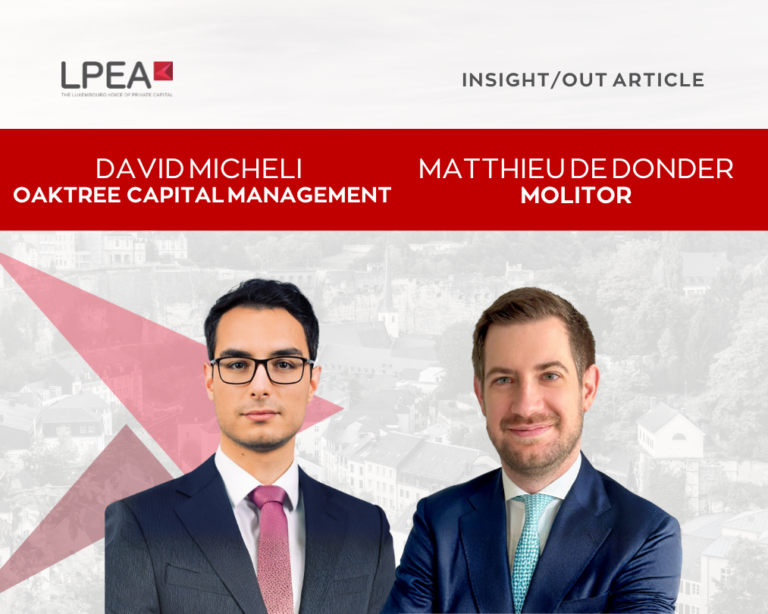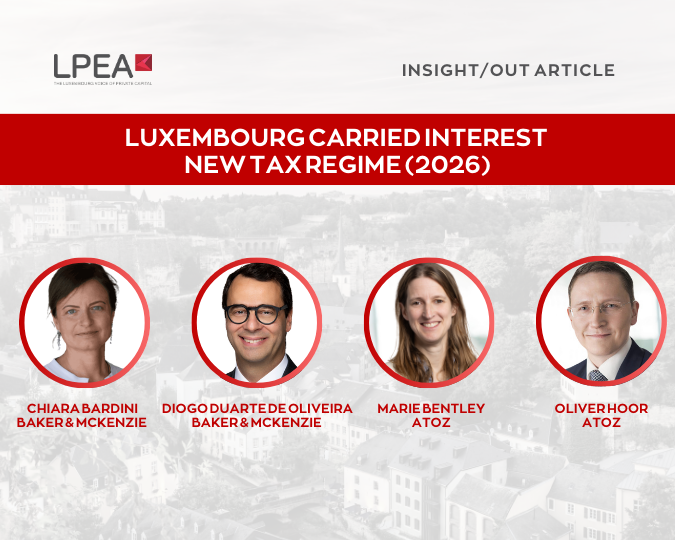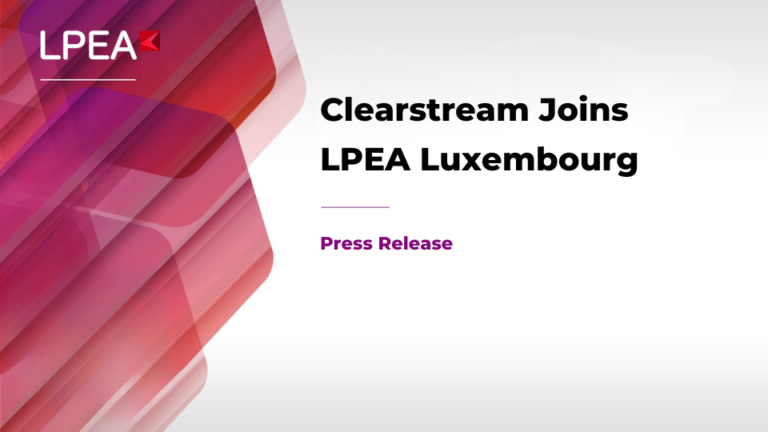«The need to manage reputation risk is common ground among limited partners.»
Tax: more than just a cost
by Thijs van Dongen, tax integrity specialist at the European Investment Fund | Featured in Private Equity Insight/Out #13, March 2019
Taxation has filled many newspaper headlines in recent years. Public perception has changed and with more tax information becoming publicly available, the debate is unlikely to end soon. Thijs van Dongen considers the growing importance of tax good governance for limited partners and the influence this has on the GP / LP relationship.
Government agencies and pension funds are leading the way
Approximately 1/3rd of capital raised in 2017 by venture and growth funds was raised from government agencies and pension funds. Other significant LPs include corporate investors, private individuals and family offices. When distinguishing government agencies and pension funds from other limited partners, one will immediately recognise the social importance of government agencies and pension funds. Commitments by government agencies and pension funds are not (only) driven by the need to generate returns, but also serve a broader purpose.
A quick peek on the websites of some of the largest government agencies and pension funds in Europe will reveal that tax good governance is high on their agenda. A tax policy report, sustainable tax position, tax policy paper or similar documents can be found on most of these websites. Why, you ask? Only imagine the consequences should a limited partner invest in a PE/VC fund that receives negative media coverage about its tax practice…
What most of these reports, position papers and policy papers have in common is an aversion to tax avoidance and tax evasion. While one limited partner might take a more conservative approach than the other, the need to manage reputation risk is common ground among limited partners. Tax has historically been considered a cost factor, but limited partners nowadays approach tax as a potential reputation risk as well.
With the goal of managing their reputation tax risk, many government agencies and pension funds have increased the importance of tax good governance standards during their due diligence process. Fund managers receive more and more detailed questions about the proposed fund structure. Commercial reasons for the chosen set-up, substance, the use of holding companies, hybrid instruments and taxation of carried interest are among the topics that are taken into account. Obtaining and assessing the information should ultimately enable the government agencies and pension funds to assess the reputation tax risk prior to signing a commitment. To better achieve this, such organisations are hiring more and more tax integrity specialists.
What are fund managers doing?
Other than managing the increased tax due diligence workload, should fund managers be concerned? As said, government agencies and pension funds are an important group of limited partners for venture and growth funds. Data from Invest Europe also shows that government agencies and pension funds play an important role in countries where the PE/VC ecosystem is less developed. Moreover, the same data for the period around the financial crisis reveals an important role for government agencies to help address investment gaps.
Because of the catalytic role which government agencies and pension funds play for certain groups of fund managers, reputation tax risk has received an important place on their agenda as well. Fund managers that have thought about the reputation tax risk aspects of their structure are better prepared for the due diligence process and can clearly express the commercial reasons for the chosen set-up and discuss any other relevant reputation tax risks.
The larger buy-out funds are often in a position to raise capital from a more diverse group of limited partners and the relative commitments of government agencies and pension funds to such buy-out funds is therefore lower. Interestingly, that is not to say that reputation tax risk management is not of importance to buy-out funds. This can be demonstrated by the fact that the publication of a (global) tax policy has become common ground. This trend can be seen amongst buy-out funds with a Luxembourg presence as well.
However, not all fund managers are there yet. Limited partners still have to raise reputation tax risk concerns during their due diligence process. Often this starts a discussion on the tax aspects of the proposed structure and quickly zooms in on the area(s) of concern for the limited partners. Generally, fund managers have been open to take the reputation tax risk concerns of their limited partners into consideration.
Managing reputation tax risk
The best way for limited partners and fund managers to address reputation tax risks starts with awareness during the fund raising process. Fund managers which take reputation tax risks into account before setting up their fund structure are likely to set up a less aggressive structure and are better positioned to explain their choices to (potential) limited partners. Tax aspects should of course be taken into account when establishing a fund structure. They should however not be the driving force, and commercial or other reasons should prevail.
After commitment, general partners and limited partners should remain aware and transparent about any reputation tax risk. An important factor in this respect are changing tax laws. Anti-BEPS measures are being enacted all over the world. Another example are the two Anti-Tax Avoidance Directives of which the first measures have been transposed into national laws as from January 1, 2019. Once again, these future requirements will not only have a financial impact, but shall also increase the need to properly manage reputation tax risks. As the title of this contribution already said: tax is nowadays more than just a cost.





